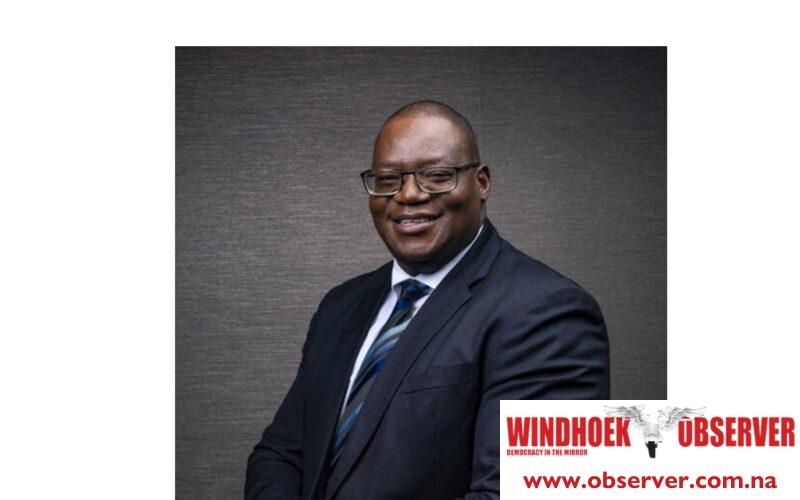The Namibia Wildlife Resorts (NWR) this week declared itself debt-free, saying it was successfully settled all outstanding long-term and statutory debts, some of which date back to the company’s inception. NWR said it has paid up all statutory debts, including back taxes owed to the Namibia Revenue Agency. The total debt was N$93 million.
Observer Money this week asked NWR Managing Director, Matthias Ngwangwama about being debt free, becoming profitable and paying dividends to the government.
Ngwangwama said he is happy that the company has been able to pay off our long-term and statutory debts only two years after the Covid-19 outbreak, which nearly destroyed the tourism industry.
He said this achievement means that the company can now allocate the revenue generated by its operations to fund other critical requirements in the future, such as maintenance and personnel training and development.
Observer Money (OM): The Namibia Wildlife Resorts Limited has announced a successful settlement of its N$93 million debt, including all outstanding long-term and statutory debts, some of which dated back to the company’s inception. Does this mean the company will be profitable and no longer need government backing or funding?
Matthias Ngwangwama (MN): Profitability and debt-free are two different concepts. There are not the same. Nothing is cast in stone in business management. Covid has taught us that macro and micro situations are unpredictable. However, as it stands. With or without a profit, the shareholder contributes to shareholder’s equity to maintain the value of its asset and not to fund operations. NWR generated enough operational revenue that resulted in paying off its debts, doing maintenance and conducting training for its staff.
OM: What is the current financial status of the NWR according to the latest financial results?
(MN): We will only know after our financial year ends on 31 October 2023 and the results subjected to external audits at the end of November.
OM: Will or does the NWR pay dividends to the government?
(MN): Paying dividends is a matter subject to the company’s dividend policy and board discussions and resolutions. At the moment, NWR has plans that may not permit it to pay dividends. This includes training and maintenance issues.
(OM): What is the state of your resorts, we see a lot of complaints on social media?
(MN): Empirical data collected from our customers shows decline in complaints. However, we should remember that NWR facilities are old and require major works. In the same vain, NWR has been attending to maintenance issues. As we transition into preventative maintenance, this will continue to be something we will forever continue to do.
OM: The current financial year ends on October 31, 2023, what can be expected in the next financial results?
MN: The results have to be subjected to external audits and thereafter audited results will be made available to the public. We will make an official announcement in the coming days but I would like to highlight that it is positive.
OM: So does this mean NWR will be financially sustainable?
MN: Financially sustainability is a process not an event. It is a continuous process, starting from break-even, small profit up to making significant profits. The 2019 results showed a minor profit, which, if the post-Covid-19 trends continue, we will consolidate into significant profits.
OM: Apart from paying debts, what else have been the major costs for NWR?
MN: Employee costs, vehicle maintenance and fuel usage, utilities, electricity.
OM: Tell us more about the resorts owned by NWR and the number of staff that you employ?
MN: NWR operates 24 resorts across the country under its direct management and four are on Public Private Partnerships (PPPs) with a staff composition of 614.




